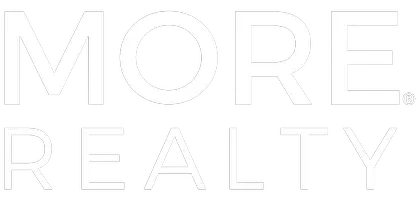
Understanding the Basics of a Reverse Mortgage
Navigating the world of real estate financing can be complex, especially when it comes to understanding the various mortgage options available. One such option that is often discussed but not always fully understood is the reverse mortgage. This financial product can be a valuable tool for certain h

What to Expect From a Potential Contractor
Contractor Requirements – What to Expect from a Potential Contractor Most homeowners do not have the expertise or interest in tackling a large home project, so they find a contractor to handle it for them. Hiring a contractor is very different from finding a handyman or gardener. A contractor m
Categories
Recent Posts

Home Renovations Before Selling: Dos and Don'ts

The Hidden Costs of Buying Home

Understanding the Basics of a Reverse Mortgage

What to Expect From a Listing Agent

Home Search Frustration

What to Expect From a Potential Contractor

What Comes With the House

5 Things you May Not Know as a First Time Seller

Pricing Your Home for Sale

Path to Affordable Homeownership

